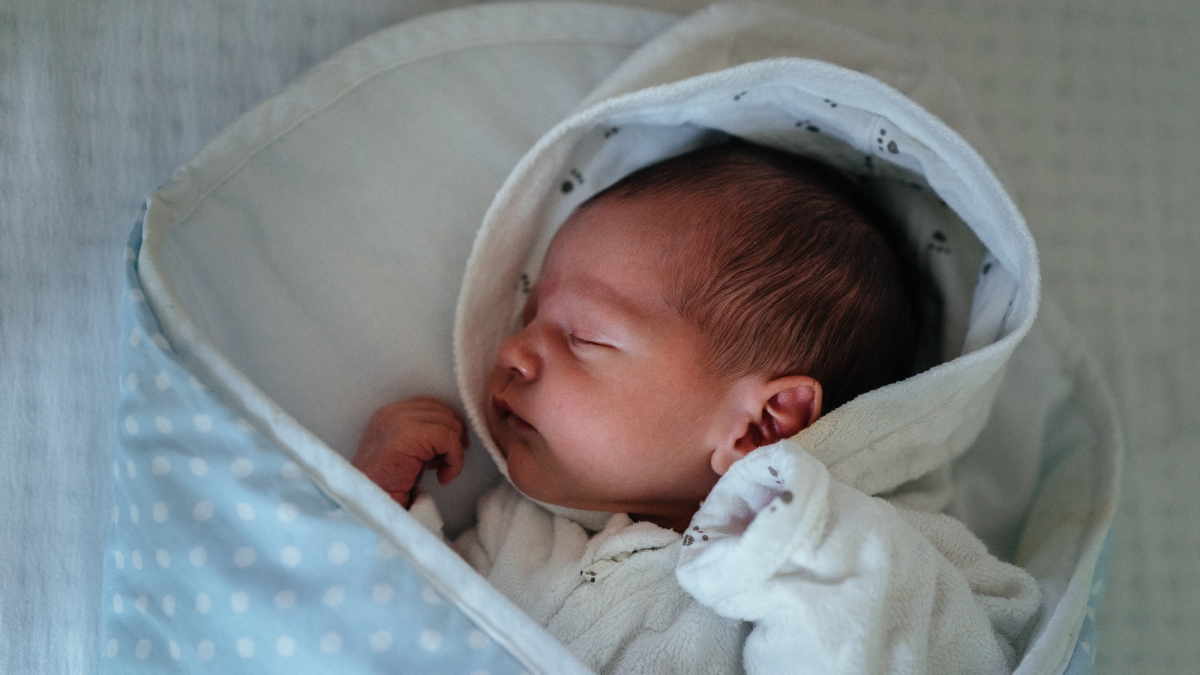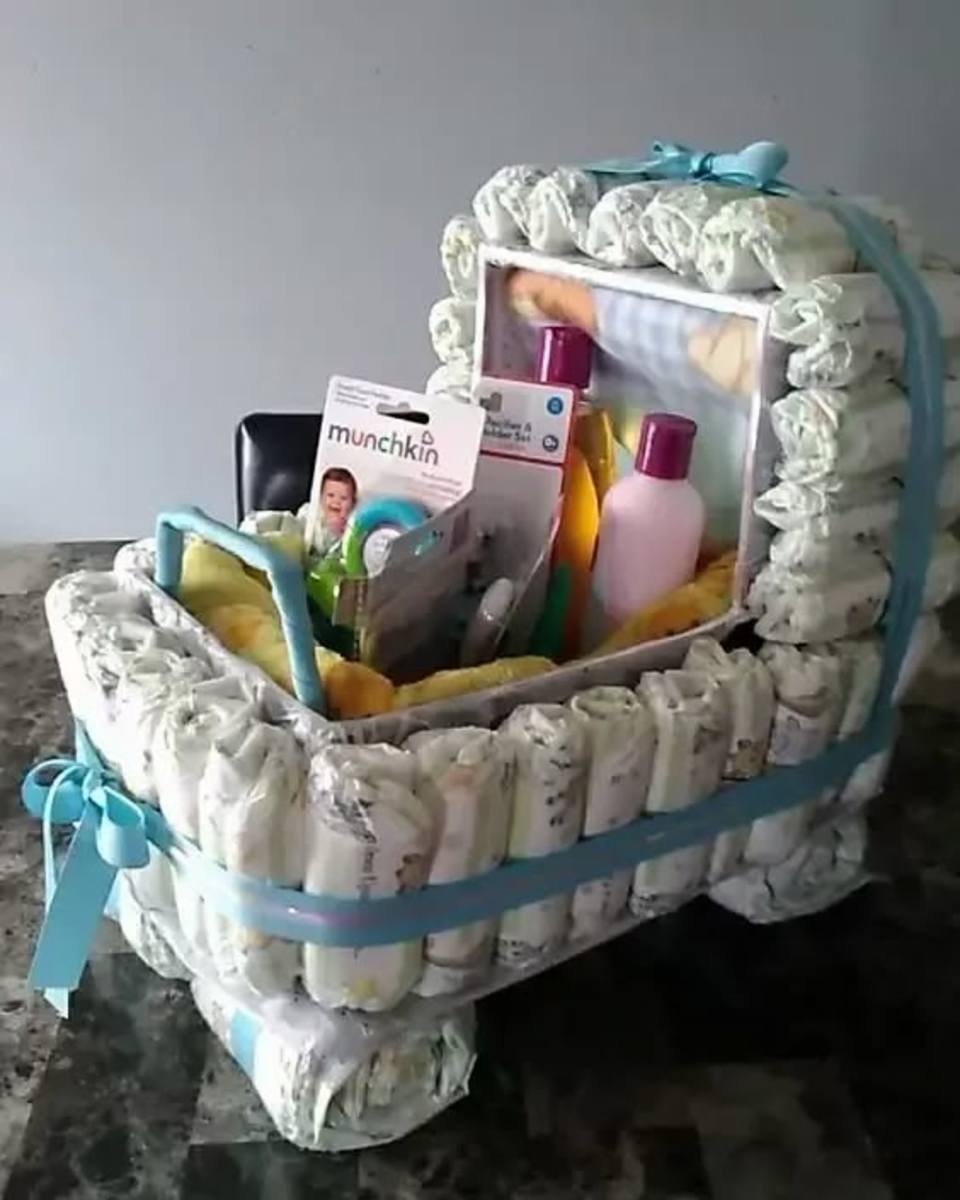Infant Breathing

- Infant Breathing - What Might be Problems
All the childcare manuals and classes in the world won’t prepare you for the joy and worry of the first night home with a new baby. You realize then that you’re on your own, and that can be an... - Infant Breathing - How to Protect
You want to do everything you can to keep your baby happy and healthy once you get him home from the hospital, and a large part of that is protecting his breathing. That isn’t always easy, but there are... - Infant Breathing - How to Stop Worrying
Your new baby doesn’t do much but sleep, eat, and require diaper changes, and that is exhausting enough. Since your baby cannot tell you whether he is okay, you rely on observation to determine if all is... - Infant Breathing - Breastfeeding and Asthma
Breastfeeding has many benefits for mothers and babies. Once breastfeeding is established, it is a method of feeding that requires no special preparation or clean-up, is a perfect source of nutrition for... - Infant Breathing - Apnea of Prematurity
When you first bring your baby home from the hospital, you’ll likely spend that first night listening anxiously for your baby’s breathing. In premature infants (those born before 37 weeks of gestation)... - Infant Breathing - Croup
Infant breathing problems can cause major concern for parents, and for good reason: what seems like a “regular” cold can escalate into other problems quickly, so vigilance and knowledge are important... - Infant Breathing - Respiratory Syncytial Virus
Parents have plenty to worry about, and infant breathing is high on the list of parental concerns. Even perfectly normal infant breathing can sound irregular and peculiar, with its squeaks and whistles.... - Infant Breathing - Noises
For parents, there is something so soothing and reassuring about watching their baby sleep. The small jerks and reflexes, the “sleepy smiles,” the rhythmic sound of baby’s breathing are compelling and...
What’s Normal and What’s Not
When you bring your infant home from the hospital, you suddenly realize you’re on your own. Where are those wonderful maternal-infant nurses? Who do you ask for advice when you have questions about what is normal infant behavior and what warrants a call to the doctor? Among your many questions, no doubt you will have concerns about your baby’s breathing. It goes without saying that you should call your pediatrician immediately if you suspect your infant is having serious trouble breathing. However, there are some normal breathing irregularities that may cause you concern, but should not cause you to panic.
What’s Normal?
By the time your baby is born, he’s been essentially underwater for months. It takes time for his nasal passages to clear. According to pediatrician Robert Sears, “many newborns will have a stuffy nose for several weeks.” This harmless stuffiness can interfere with feeding and breathing, but is “virtually never a reason to page your doctor after hours.” Dr. Sears recommends a squirt of nasal saline into the nose and suction with a bulb syringe. (You probably left the hospital with the one used on your newborn).
Another mild breathing problem is chest congestion caused by saliva or regurgitated milk. Again, Dr. Sears states that this is not a reason to phone your doctor after hours. Try holding your baby upright and letting him sleep upright in your arms or a carseat, and telephone your doctor during business hours to be sure your baby’s symptoms are normal.
Newborns may also exhibit rapid breathing or panting. According to the Children’s Hospital of Philadephia, “rapid breathing is more than 60 breaths each minute.” An overheated baby or one who is upset and crying may breathe more rapidly, but once the baby stops crying or is no longer too hot, the rate should slow. If rapid breathing or panting comes and goes, and your baby has no other sign of illness, you probably have no reason to worry.
Babies occasionally will take in too much milk and get choked on it. This, too, is probably harmless. However, persistent coughing or choking warrants an exam by your pediatrician.
What’s Serious?
Any sign of your baby’s breathing irregularity is, of course, going to elicit your concern, but it is important to note when “normal” becomes “abnormal.”
Croup, with its seal-like, barking cough, sounds terrible, but pediatricians say that, unless a child is having trouble breathing, immediate treatment is not necessary. A parent listening to a croupy child, though, may have trouble distinguishing what is a normal symptom and what means respiratory distress.
Signs of respiratory distress in infants are similar to those in adults. Flaring nostrils, for instance, indicate the baby is struggling to take in oxygen. A blue color similarly indicates a lack of oxygen. If baby’s chest is caved in, or he is grunting, he may have a serious respiratory problem. If you see any of these symptoms, get immediate medical attention.
Play it Safe
When it comes to your baby, you will consider any sort of breathing irregularity to be “abnormal,” so you should always trust your instincts and telephone your doctor if you have concerns for your baby’s safety. Keep in mind, though, that baby’s breathing is different from that of an adult, so your concern does not have to turn into panic.
Check out the Children’s Hospital of Philadelphia’s site for further information:
http://www.chop.edu/consumer/your_child/condition_section_index.jsp?id=-8406
and keep your pediatrician’s office number handy.
- Childrens Toys
Quality children's toys and games. - Child Development
Research-based child development videos, books, and curricula for professional development and parent education. - Autism
What are the early signs of autism. Autism is a developmental disorder that appears in the first 3 years of life, and affects the brain's normal development of social and communication skills.
- Infant Breathing Difficulties
Any kind of breathing difficulty your infant or child experiences can be a scary time for parents. Infants have some common unusual breathing patterns that may or may not be true problems, so it is important... - Infant Pillows - Pros and Cons
During the nine months you waited to meet your newborn, you’ve read, shopped, gathered advice, and researched nearly everything baby-related so you could educate yourself and be prepared for... - Baby - Early Education at Home
Having a baby is a learning process – for you and for your baby. Even though you’ve watched your baby’s development on ultrasounds and have felt him grow inside of you, you still don’t... - Infant Massage Good for You and Your Baby
When you were pregnant, you imagined blissfully holding your infant all day, getting to know him or her, bonding, feeding, and napping. Not so suddenly, the baby’s on the outside, and you find out that...








